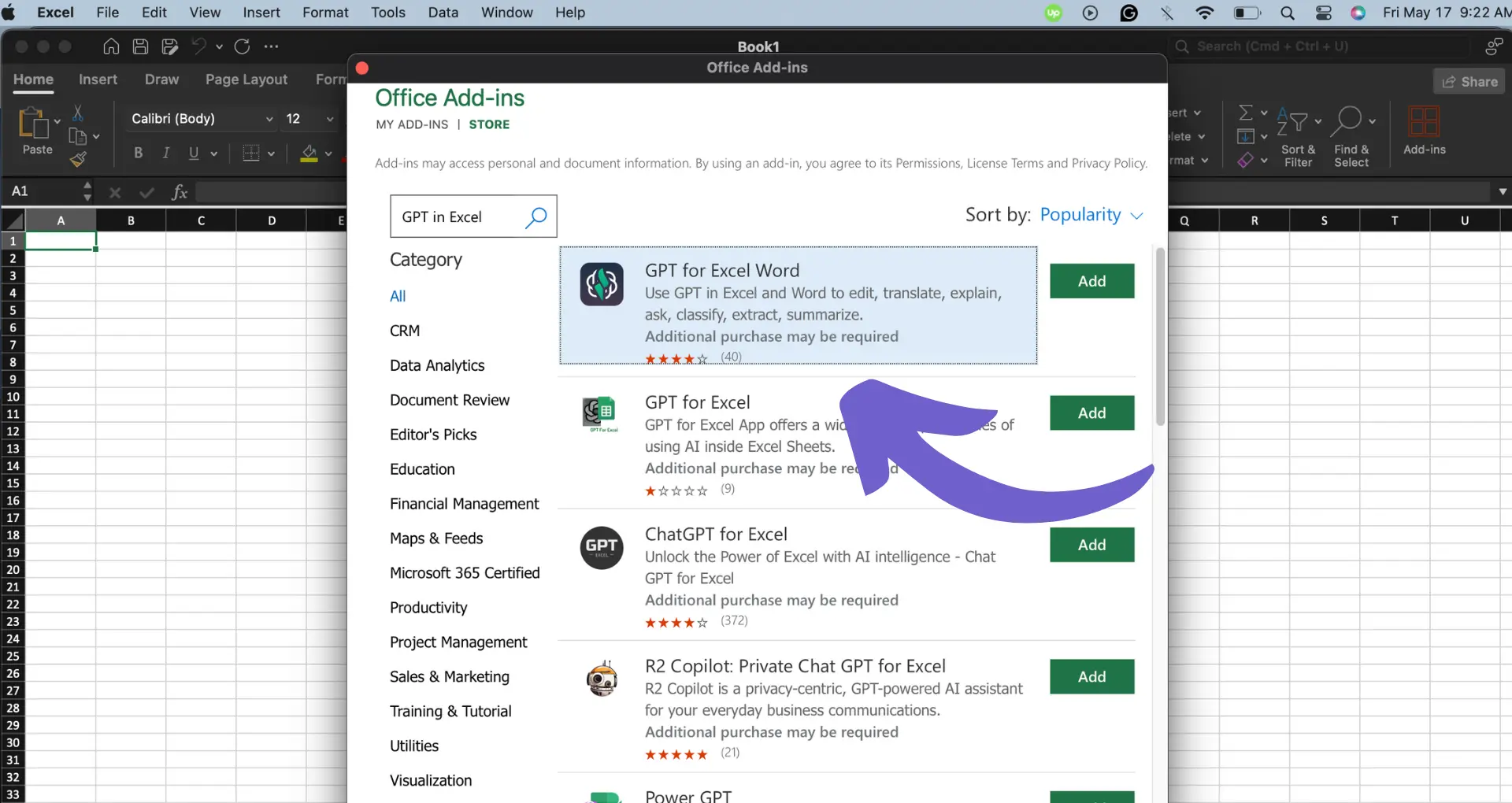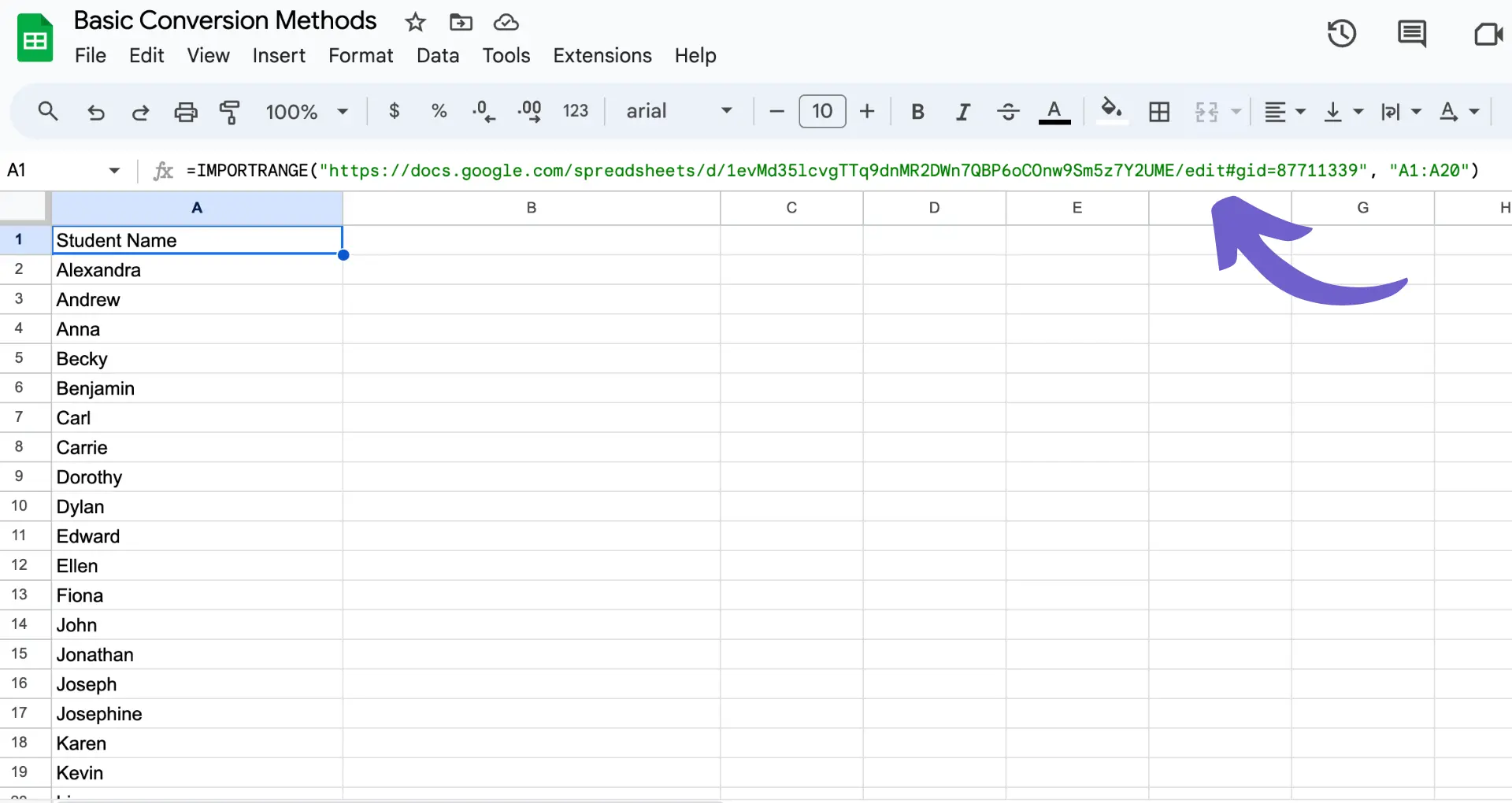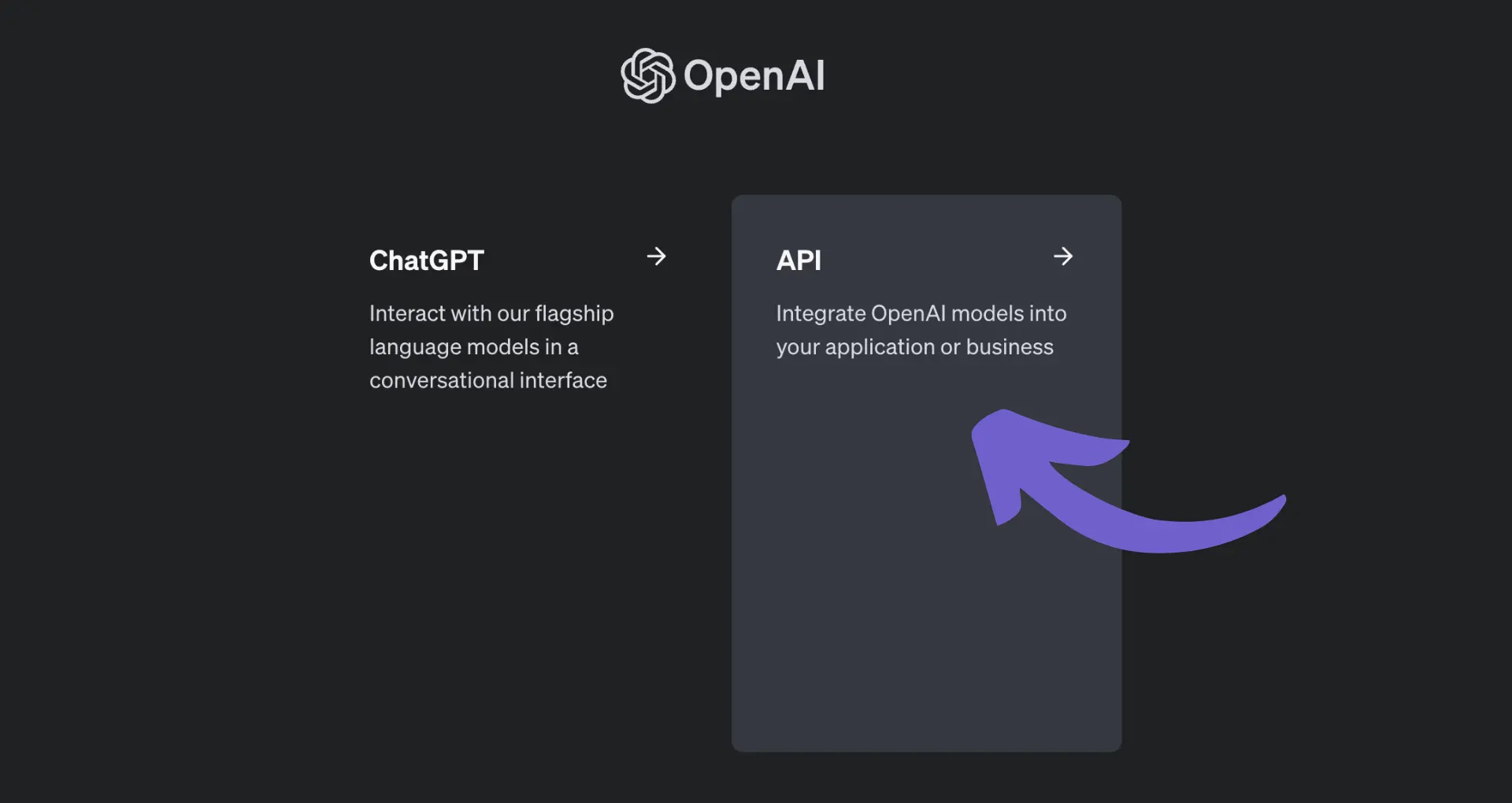





In today's data-driven world, businesses are constantly seeking ways to optimize their operations and gain a competitive edge. With the rapid growth of data, manual processing methods are no longer sufficient. This is where AI data automation comes into play. By leveraging advanced technologies like machine learning and natural language processing, companies can automate repetitive tasks, improve accuracy, and unlock valuable insights from their data.
Did you know that according to a recent survey, 84% of enterprises believe investing in AI will lead to greater competitive advantages? Additionally, the global AI market is expected to reach $190.61 billion by 2025. These statistics highlight the growing importance of AI data automation in today's business landscape.
In this comprehensive guide, we'll dive deep into the world of AI data automation. We'll explore the key technologies driving this revolution, discuss real-world applications across various industries, and address the ethical considerations surrounding automated decision-making. Whether you're a business leader looking to implement AI solutions or simply curious about the future of data processing, this guide has you covered.
So, are you ready to discover how AI data automation can transform your organization? Buckle up and get ready to uncover the secrets behind this game-changing technology. By the end of this guide, you'll have a solid understanding of AI data automation and be equipped with the knowledge to leverage its power for your own success. Let's get started!
AI data automation is the process of using artificial intelligence to streamline and optimize data processing tasks. By integrating AI with traditional data management methods, organizations can unlock new levels of efficiency and insights. Here are three key things to know about AI data automation:
While conventional automation relies on predefined rules and workflows, AI data automation leverages machine learning algorithms to adaptively handle data. This allows AI systems to learn from patterns in the data and make intelligent decisions without explicit programming. For example, an AI-powered invoice processing system could automatically extract relevant information, validate it against existing records, and route it for approval - all with minimal human intervention.
Bardeen can help you streamline your data processing tasks by automating summarization and extraction of key information from emails and other sources:
AI data automation enables seamless integration of data from disparate sources, making it easier to gain a comprehensive view of your business. Advanced analytics capabilities powered by AI can uncover hidden insights and predict future trends. Imagine a retail company using AI to automatically consolidate sales data from multiple channels, identify top-selling products, and forecast demand - enabling proactive inventory management and targeted marketing campaigns.
Bardeen's playbooks can help you optimize your data integration and analysis processes by automatically enriching and consolidating data from various sources:
To successfully implement AI data automation, organizations need a clear strategy that aligns with their business goals. This involves assessing current data processes, identifying automation opportunities, and selecting the right AI technologies. It's also crucial to ensure data quality, establish governance frameworks, and foster a data-driven culture. Collaborating with experienced AI partners can help navigate the complexities and realize the full potential of AI data automation.
Bardeen can help you streamline the process of qualifying and managing leads, ensuring that your sales team can focus on high-value opportunities:
By harnessing the power of AI, data automation opens up new possibilities for organizations to optimize operations, drive innovation, and gain a competitive edge. As the technology continues to evolve, we can expect to see even more transformative applications of AI in data management and beyond.
In the next section, we'll dive deeper into the key technologies driving AI data automation and what you need to know to get started.
AI data automation leverages several foundational technologies to enable intelligent processing and decision-making. Machine learning and deep learning models form the core of AI systems, while algorithms optimize data automation workflows. Natural language processing plays a crucial role in extracting insights from unstructured data sources. Let's explore each of these technologies in more detail:
Machine learning involves training algorithms on vast amounts of data, allowing them to learn patterns and make predictions without explicit programming. Deep learning, a subset of machine learning, uses multi-layered neural networks to tackle complex problems. For example, a retail company can use machine learning to analyze customer purchase history and predict future buying behavior, enabling targeted marketing campaigns and personalized recommendations.
Bardeen can help you leverage machine learning and deep learning to streamline data processing and generate predictive insights. Try these playbooks:
Algorithms play a vital role in improving data automation by optimizing processes and decision-making. They can automatically identify patterns, anomalies, and correlations in large datasets, helping organizations gain valuable insights. For instance, a manufacturing company can use algorithms to analyze sensor data from production lines, detecting potential equipment failures and optimizing maintenance schedules to minimize downtime.
Bardeen offers playbooks that harness the power of algorithms to optimize data automation workflows and uncover valuable insights:
Natural Language Processing (NLP) enables computers to understand, interpret, and generate human language. It plays a crucial role in AI data automation by extracting insights from unstructured data sources such as emails, social media posts, and customer reviews. NLP can help automate tasks like sentiment analysis, topic classification, and named entity recognition. For example, a customer service department can use NLP to automatically categorize and route incoming customer inquiries, improving response times and overall customer satisfaction.
Bardeen provides playbooks that leverage NLP to process and analyze unstructured data, enabling you to extract valuable insights:
By leveraging machine learning, algorithms, and natural language processing, AI data automation empowers organizations to process vast amounts of data efficiently, uncover hidden insights, and make data-driven decisions.
In the next section, we'll explore the practical applications and benefits of AI data automation across various industries, showcasing how it can transform business operations and drive competitive advantage. For more details on automating sales prospecting with AI, visit our resource page.
Bardeen can help you save time by automating repetitive sales tasks, such as automating sales prospecting to enhance productivity. Check it out now!
AI data automation offers numerous advantages to businesses, from improving efficiency and accuracy to transforming operations across various industries. By leveraging AI technologies, organizations can optimize their data processing workflows, leading to increased productivity and significant cost savings. Let's explore the key benefits of AI data automation and how it can revolutionize your business.
One of the primary benefits of AI data automation is its ability to improve efficiency and accuracy in data processing. By automating repetitive and time-consuming tasks, AI systems can complete them faster and with fewer errors compared to manual methods. For example, an e-commerce company can use AI to automatically categorize and tag product listings, ensuring consistent and accurate product information across their platform. Discover more about automating sales prospecting with AI.
Bardeen can help you automate email summarization and classification, saving you time and improving accuracy. Try these playbooks:
AI data automation is transforming operations across various industries, from healthcare and finance to manufacturing and retail. In healthcare, AI can analyze medical records and assist in diagnosis and treatment planning. Financial institutions leverage AI for fraud detection and risk assessment. Manufacturing companies use AI to optimize production processes and predict maintenance needs. By embracing AI data automation, businesses can gain a competitive edge and adapt to the evolving demands of their respective industries. Learn how to automate sales with AI to stay competitive.
Bardeen can help you leverage AI to transform your sales processes by automating lead qualification and enrichment. Try these playbooks:
The impact of AI data automation on productivity and cost savings cannot be overstated. By automating data-related tasks, businesses can free up valuable time and resources that can be redirected towards more strategic initiatives. Additionally, AI-powered systems can process vast amounts of data quickly and accurately, enabling faster decision-making and reducing the need for manual labor. This leads to increased productivity and significant cost savings in the long run. Explore how data enrichment can optimize your workflows.
Bardeen can help you optimize your workflows and reduce costs by automating lead enrichment and updating processes. Try these playbooks:
AI data automation empowers businesses to work smarter, not harder. By embracing these technologies, organizations can unlock new levels of efficiency, accuracy, and productivity.
In the next section, we'll dive into the ethical considerations surrounding AI data automation. As much as we love the benefits, it's crucial to address the potential challenges and ensure responsible implementation. Get ready to explore the world of ethical AI!
As AI data automation continues to transform industries, it is crucial to address the ethical considerations that arise from these powerful systems. From data privacy concerns to the potential for biased decision-making, the rapid adoption of AI automation presents a range of challenges that must be navigated carefully. By proactively addressing these issues, we can ensure that AI data automation is deployed responsibly and benefits society as a whole.
One of the primary ethical concerns surrounding AI data automation is the potential for data privacy breaches. As automated systems process vast amounts of personal information, it is essential to implement robust security measures to protect sensitive data. This includes encrypting data both in transit and at rest, regularly auditing systems for vulnerabilities, and establishing clear data governance policies. By prioritizing data privacy, organizations can build trust with their customers and mitigate the risk of costly data breaches.
Bardeen can help ensure data privacy by automating secure handling and classification of emails to safeguard sensitive information:
Transparency is a key principle of ethical AI. When automated systems make decisions that impact individuals' lives, it is crucial that the reasoning behind those decisions is clearly communicated. This includes providing explanations for how algorithms arrive at their conclusions and allowing individuals to challenge or appeal decisions that they believe are unfair. By embracing transparency, organizations can foster trust in their AI systems and ensure that they are being used in a responsible and accountable manner.
Bardeen can enhance transparency in AI decision-making by automating the documentation and explanation processes. Try these playbooks:
Bias in data sets and algorithms is a significant concern in AI data automation. If historical data contains inherent biases, those biases can be perpetuated and amplified by automated systems. To mitigate this risk, organizations must carefully audit their data for potential biases and take steps to correct them. This may involve diversifying data sources, implementing fairness metrics, and regularly testing algorithms for discriminatory outcomes. By actively addressing bias, we can ensure that AI data automation promotes fairness and equality.
Bardeen can automate data enrichment and auditing processes to help mitigate bias:
Ethical AI data automation is essential for building a future where technology benefits all of society. By prioritizing data privacy, transparency, and fairness, we can automate lead management while mitigating its potential risks.
Boost productivity by using Bardeen's sales prospecting automation. Save time and stay focused on what matters.
Thanks for sticking with us through this deep dive into the ethical considerations of AI data automation. We know it's a lot to process, but hey, at least you didn't have to sit through a three-hour lecture on the topic! In the next section, we'll tie everything together and summarize the key takeaways from this guide.
Understanding AI data automation is crucial for businesses to stay competitive in today's data-driven landscape. AI data automation revolutionizes how organizations process, analyze, and utilize data to make informed decisions.
Here's a quick recap of the key points covered in this guide:
By mastering the concepts and techniques of AI data automation, you'll position yourself at the forefront of this exciting field. Don't miss out on the opportunity to leverage the power of AI – unless you enjoy spending countless hours manually sifting through data!










SOC 2 Type II, GDPR and CASA Tier 2 and 3 certified — so you can automate with confidence at any scale.
Bardeen is an automation and workflow platform designed to help GTM teams eliminate manual tasks and streamline processes. It connects and integrates with your favorite tools, enabling you to automate repetitive workflows, manage data across systems, and enhance collaboration.
Bardeen acts as a bridge to enhance and automate workflows. It can reduce your reliance on tools focused on data entry and CRM updating, lead generation and outreach, reporting and analytics, and communication and follow-ups.
Bardeen is ideal for GTM teams across various roles including Sales (SDRs, AEs), Customer Success (CSMs), Revenue Operations, Sales Engineering, and Sales Leadership.
Bardeen integrates broadly with CRMs, communication platforms, lead generation tools, project and task management tools, and customer success tools. These integrations connect workflows and ensure data flows smoothly across systems.
Bardeen supports a wide variety of use cases across different teams, such as:
Sales: Automating lead discovery, enrichment and outreach sequences. Tracking account activity and nurturing target accounts.
Customer Success: Preparing for customer meetings, analyzing engagement metrics, and managing renewals.
Revenue Operations: Monitoring lead status, ensuring data accuracy, and generating detailed activity summaries.
Sales Leadership: Creating competitive analysis reports, monitoring pipeline health, and generating daily/weekly team performance summaries.